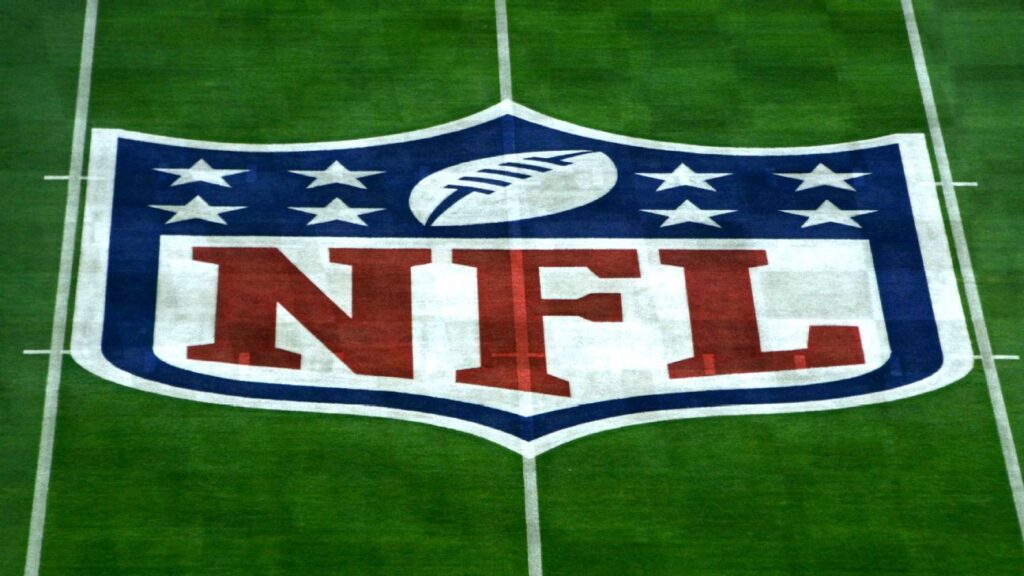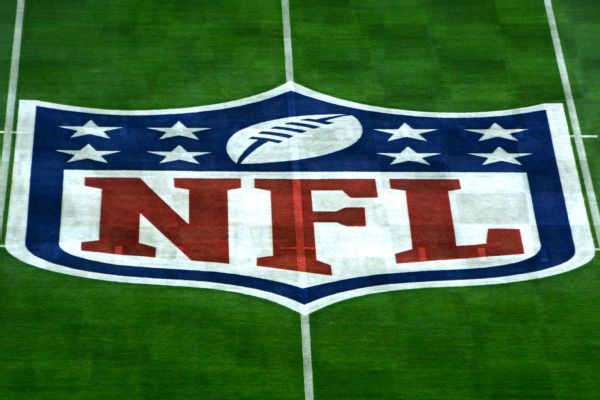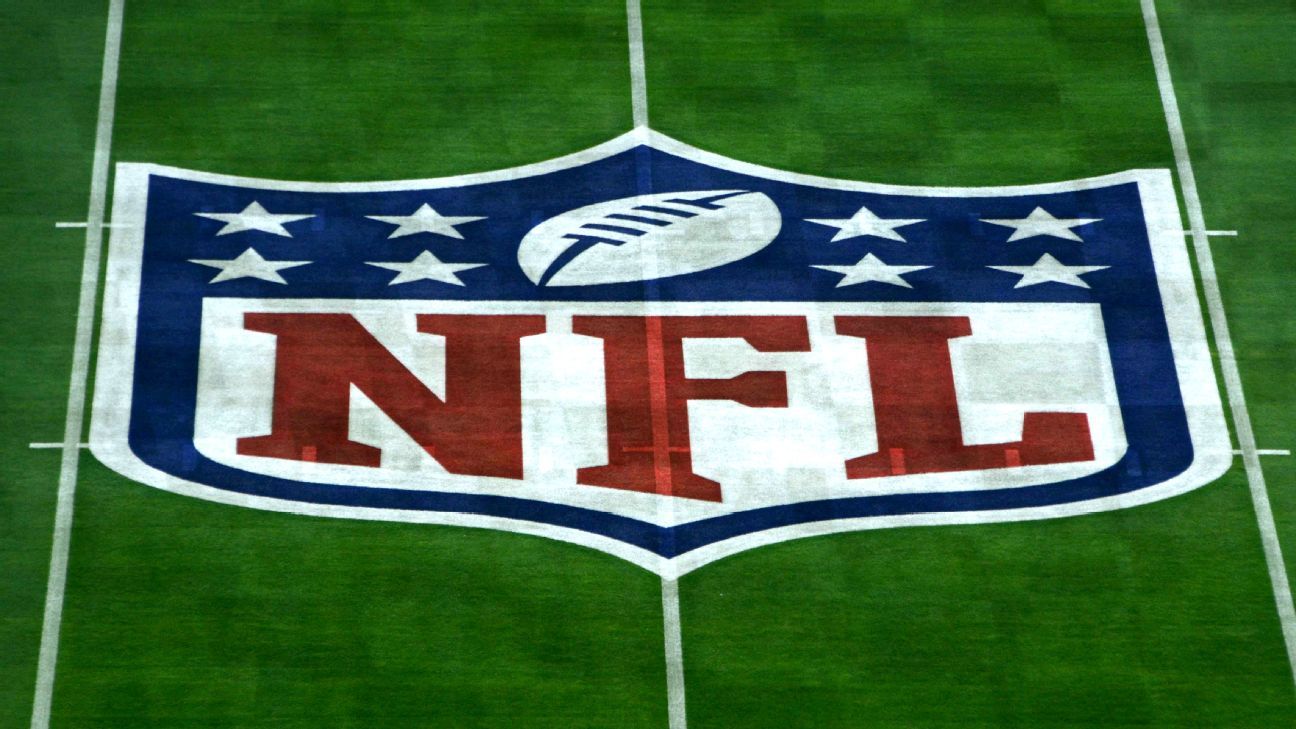Source: NFL to mull roughing rules after season
The NFL plans to discuss roughing the passer penalties after the season amid outrage over two disputed calls in Week 5,…



The NFL’s competition committee plans to discuss roughing the passer penalties after the season amid outrage over two disputed calls in Week 5, a member of the committee who wishes to remain anonymous told ESPN’s Ed Werder.
The Associated Press, which reported earlier Tuesday that the topic also will be discussed next week when NFL owners meet in New York but that the league was not planning in-season rule changes, said the NFL has not given officials a directive to emphasize roughing calls following Miami Dolphins quarterback Tua Tagovailoa‘s concussion.
The NFL’s competition committee — composed of six team owners/executives and four head coaches — makes most of the recommendations for rule changes. Teams can also propose rule changes, which require 24 votes to pass, to be voted on by owners.
One idea, suggested by Kansas City Chiefs defensive tackle Chris Jones on Monday night after he was flagged, might be to allow video review of roughing calls.
Another committee member, who wished to remain anonymous, acknowledged to Werder that review would be helpful on roughing calls but wasn’t sure if the league would be interested in using the review process on personal fouls.
“Well, the hard part is that because we have no real standard for what roughing the passer looks like, we will always get a wide range of what a referee decides is and isn’t a foul,” the committee member told Werder. “The only way to correct that is to have a ‘review process’ for personal fouls. We may even have to do that for OPI (offensive pass interference) and DPI. These are huge fouls that impact and can change the game when the foul is or isn’t called. I don’t know if the powers that be would want that ‘review process’ for personal fouls or not, though.”
Protecting quarterbacks is a priority for owners, who pay big money to the faces of their franchises. Twenty-five QBs are making at least $25 million this season.
The questionable call against Jones — the second of its kind in two days — nearly cost Kansas City in its 30-29 comeback victory over the Las Vegas Raiders.
The Chiefs had just scored to trim their deficit to 17-7 when Jones stripped Raiders quarterback Derek Carr from behind just before halftime. The Pro Bowl defensive tackle landed on Carr while also coming up with the ball — replays showed it was clearly loose and that Jones cleanly recovered — but referee Carl Cheffers threw a flag for roughing the passer.
“The quarterback is in the pocket and he’s in a passing posture. He gets full protection of all the aspects of what we give the quarterback in a passing posture,” Cheffers told a pool reporter after the game. “My ruling was the defender landed on him with full body weight. The quarterback is protected from being tackled with full body weight.”
On Sunday, Atlanta Falcons defensive tackle Grady Jarrett was flagged by referee Jerome Boger for a seemingly harmless sack on Tom Brady. The penalty gave the Tampa Bay Buccaneers a first down and allowed them to run out the clock on a 21-15 victory.
Boger made a similar critical call late in the fourth quarter of the Ravens-Bills game a week earlier on a play that many also thought didn’t warrant a flag.
Boger called another borderline roughing penalty in the Falcons-Buccaneers game when Vita Vea was pushed into Atlanta quarterback Marcus Mariota.
Roughing the passer is the only rule with which referees are instructed to err on the side of caution.
The NFL rulebook notes: “When in doubt about a roughness call or potentially dangerous tactic against the quarterback, the referee should always call roughing the passer.”
Jones, who has been flagged for roughing the passer nine times in his career, has a possible solution.
“We’ve got to be able to review it in the booth, you know what I mean?” Jones said. “I think that’s the next step for the NFL as a whole. If we’re going to call it a penalty at that high [of rate], then we’ve got to be able to review it and make sure, because sometimes looks can be deceiving.”
The league already went down that road, making pass interference reviewable for one season after an egregious missed foul late in the fourth quarter in the 2019 NFC Championship Game cost the New Orleans Saints a trip to the Super Bowl.
The experiment failed, and the rule wasn’t considered the next year.
The Associated Press contributed to this report.




